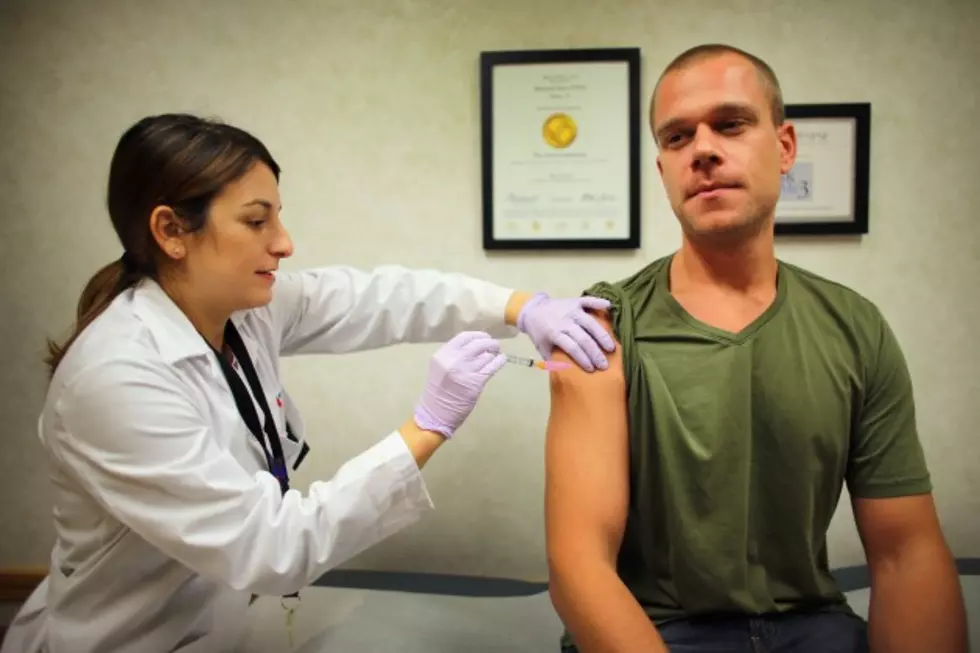
5 Flu Myths and How to Protect Yourself
The Hudson Valley is getting hit by a flu epidemic, and local health experts say that it's only going to get worse. Luckily, there are things you can do right now to protect yourself.
The Boris & Robyn Show talked to Dr. Stuart Feinstein from Health Quest about some of the myths surrounding the flu.
Healthy people don't need to worry about the flu
This is a common misconception. According to Dr. Feinstein, the flu can hit anyone. It doesn't matter how old or healthy you are, you can contract the flu just as much as the next person. Regardless of underlying health conditions the flu can still be very serious for even the most physically fit person.
Doctors exaggerate how many people die from the flu every year
This is not true at all. Dr. Feinstein predicts that we could see as many as 30,000 people die in the United States this year from the flu. This year's strain seems to be especially powerful. In North Carolina, where the flu has reached epidemic proportions, 26 people died just this week alone from the influenza virus.
I can't get the flu if I already got it last year
The flu has many different strains, and the virus changes not only from year to year, but sometimes during the same flu season. Dr. Feinstein says that it's even possible to get sick from two different flu viruses during the same year.
You can catch the flu from the flu shot
It's impossible to catch the flu from getting vaccinated. The flu vaccine contains a dead strain of the influenza virus. Some may report fatigue or aching, but that only means that your body's immune system is protecting itself and that the inoculation is doing its job. The flu vaccine is not 100% protection from getting sick. In fact, this year's virus has been difficult to pinpoint and Dr. Feinstein says the shot is only about 23% effective. Getting the flu vaccine, however, is your best defense and 1/4 protection is better than none at all.
If I get the flu I can just go on antibiotics
Antibiotics help treat bacterial infections, they won't do anything for a viral infection, such as the flu. There are some medications that can be taken to lessen some of the symptoms of the flu, but no drugs can cure you after you've been infected with influenza.
Dr. Feinstein also shared some of the most effective ways to protect yourself this flu season:
- A flu shot is your best line of defense, and it's never too late to get yourself vaccinated.
- Hand washing, using hand sanitizer and general good hygiene are very important to help stop the disease from spreading.
- Don't touch your eyes or nose if possible, especially when coming in contact with others.
- If you think you have the flu, stay home. A good rule of thumb is that you are contagious and can spread the disease to others until you've been without a fever for a full 24 hours.
Have you been taking any special precautions to avoid the flu this year? Let us know in the comments section below.
More From WPDH-WPDA









